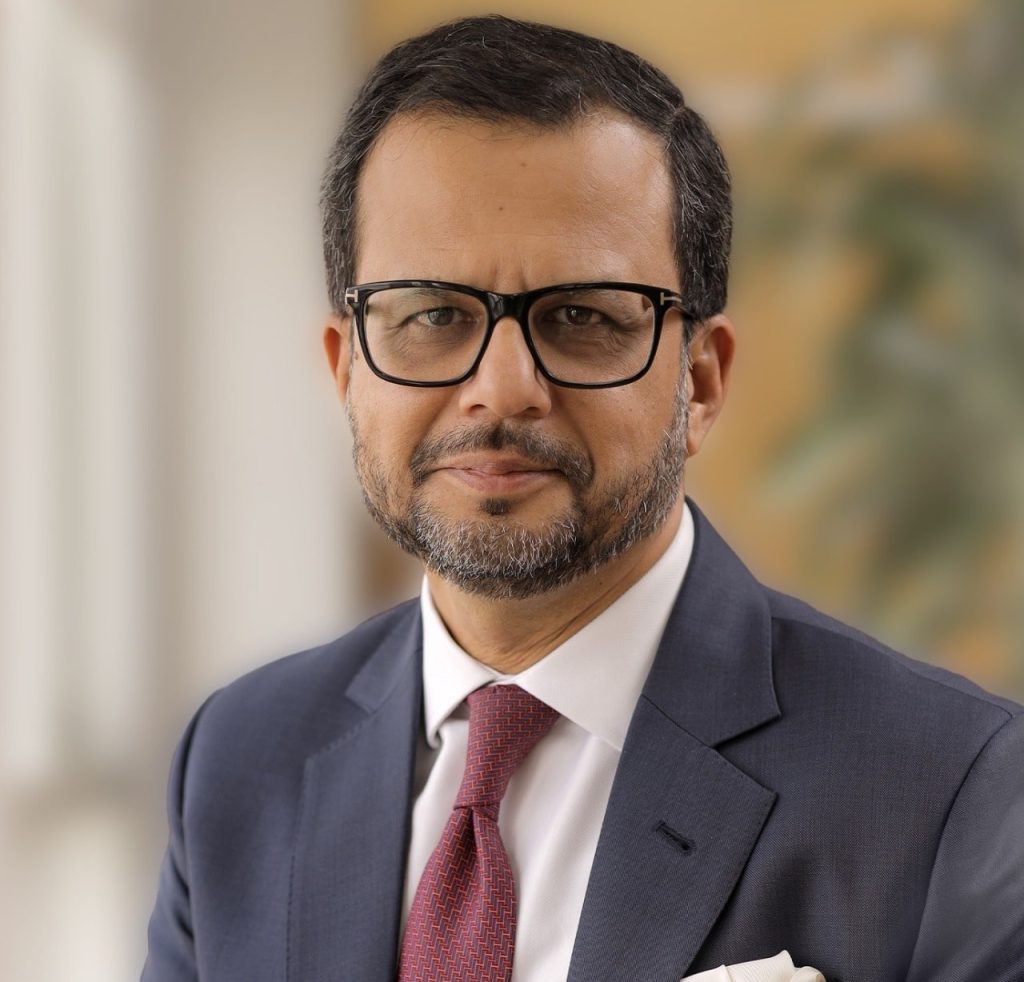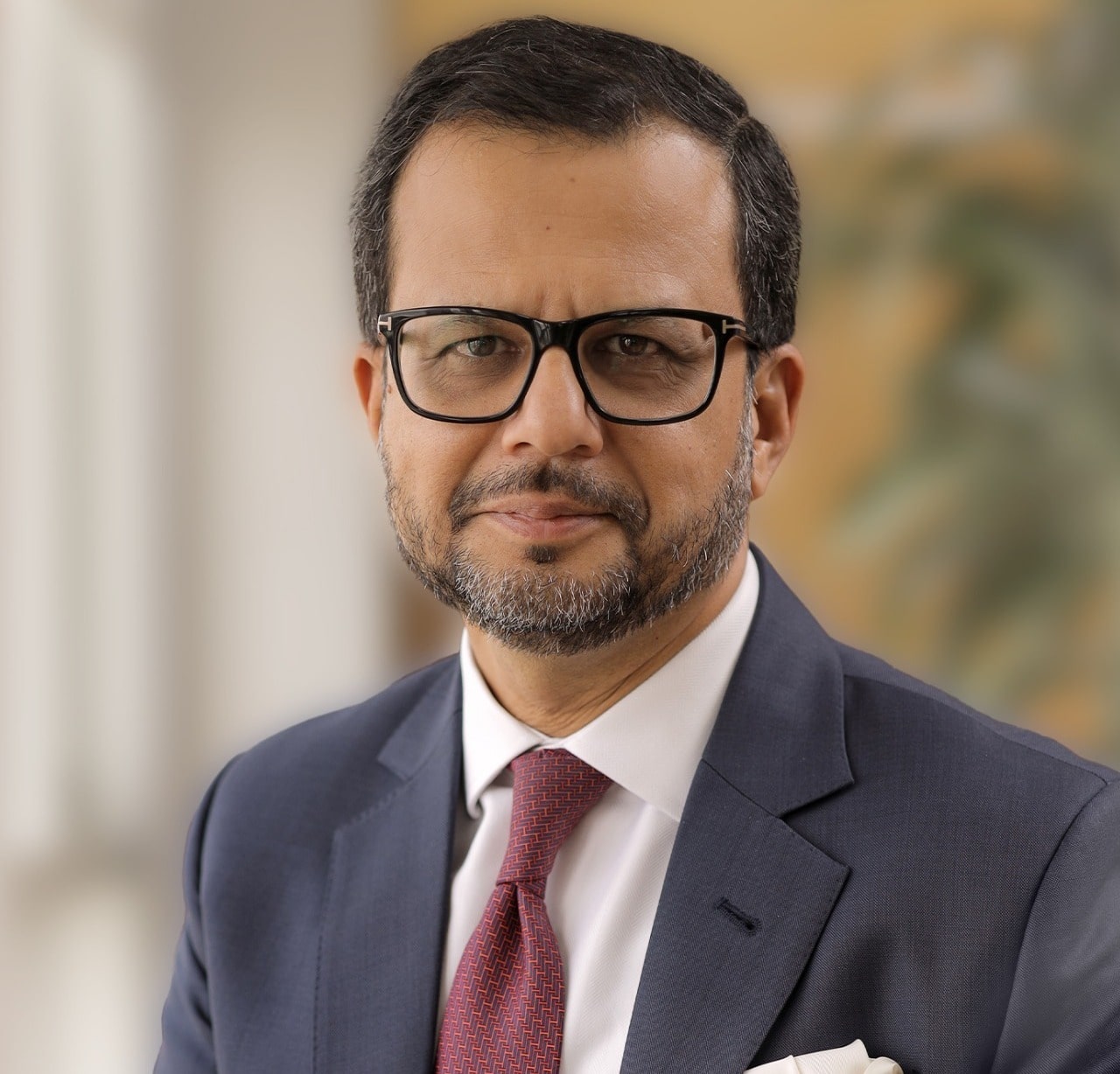The issuance of additional Tier 1 capital instruments by UAB has been successfully completed.

United Arab Bank (UAB) has announced the successful issuance of additional Tier 1 capital instruments. This development comes as a boost for the bank, which has been seeking to raise capital to support its growth plans.
Tier 1 capital is the core capital of a bank and includes equity capital and disclosed reserves. Additional Tier 1 capital instruments are financial instruments that banks can use to meet regulatory requirements for Tier 1 capital. These instruments have unique characteristics, such as the ability to absorb losses without triggering default or bankruptcy.
UAB’s issuance of additional Tier 1 capital instruments was oversubscribed, reflecting strong investor demand for the bank’s securities. The issuance consisted of a perpetual non-cumulative preference share offering, with a coupon rate of 7.25%.
The issuance of additional Tier 1 capital instruments is an important milestone for UAB, as it allows the bank to bolster its regulatory capital position and support its growth plans. The capital raised through the issuance will be used to support the bank’s lending activities, particularly in the areas of corporate and retail banking.
UAB’s CEO, Samer Tamimi, commented on the successful issuance, stating that it “reflects the confidence of our investors in UAB’s financial strength and business prospects, as well as our commitment to maintaining a strong capital base to support the bank’s growth strategy.”
The successful issuance of additional Tier 1 capital instruments by UAB is also a positive development for the UAE banking sector as a whole. It demonstrates the resilience of the sector in the face of economic challenges and reflects the strong demand for banking securities in the region.
The issuance of additional Tier 1 capital instruments is a key part of banks’ capital management strategies. By raising capital through the issuance of these instruments, banks can strengthen their capital base and improve their risk profile. This, in turn, allows them to pursue growth opportunities and support lending activities. Tier 1 capital instruments are typically long-term debt with a fixed or floating rate of interest, and they generally provide banks with more flexibility than other forms of capital.
When issuing Tier 1 capital instruments, there are several considerations that banks should take into account. Banks must assess the potential returns and risk associated with the instrument in order to determine the appropriate pricing and terms. In addition, banks must consider their capital structure and strategy to ensure that the instrument will support their long-term goals.
The regulatory requirements for Tier 1 capital vary from country to country. In the UAE, the Central Bank of the UAE has set a minimum Tier 1 capital adequacy ratio of 11.5%, which is higher than the Basel III minimum requirement of 6%. This means that UAE banks need to maintain higher levels of Tier 1 capital to meet regulatory requirements.
UAB’s successful issuance of additional Tier 1 capital instruments is therefore an important step towards meeting regulatory requirements and improving the bank’s risk profile. It also allows the bank to pursue growth opportunities and support lending activities, which are critical for the development of the UAE economy. Furthermore, the issuance provides a diversified investor base and contributes to the development of UAE’s capital markets. The proceeds from the issuance will also be used to refinance existing debt, further improve UAB’s liquidity and capital position.
In conclusion, the successful issuance of additional Tier 1 capital instruments by UAB is a positive development for the bank and the UAE banking sector as a whole. It demonstrates the resilience of the sector in the face of economic challenges and reflects the strong demand for banking securities in the region. By raising capital through the issuance of these instruments, UAB can strengthen its capital base and improve its risk profile, which will allow it to pursue growth opportunities and support lending activities. This, in turn, will contribute to the development of the UAE economy and support the country’s long-term economic goals.





